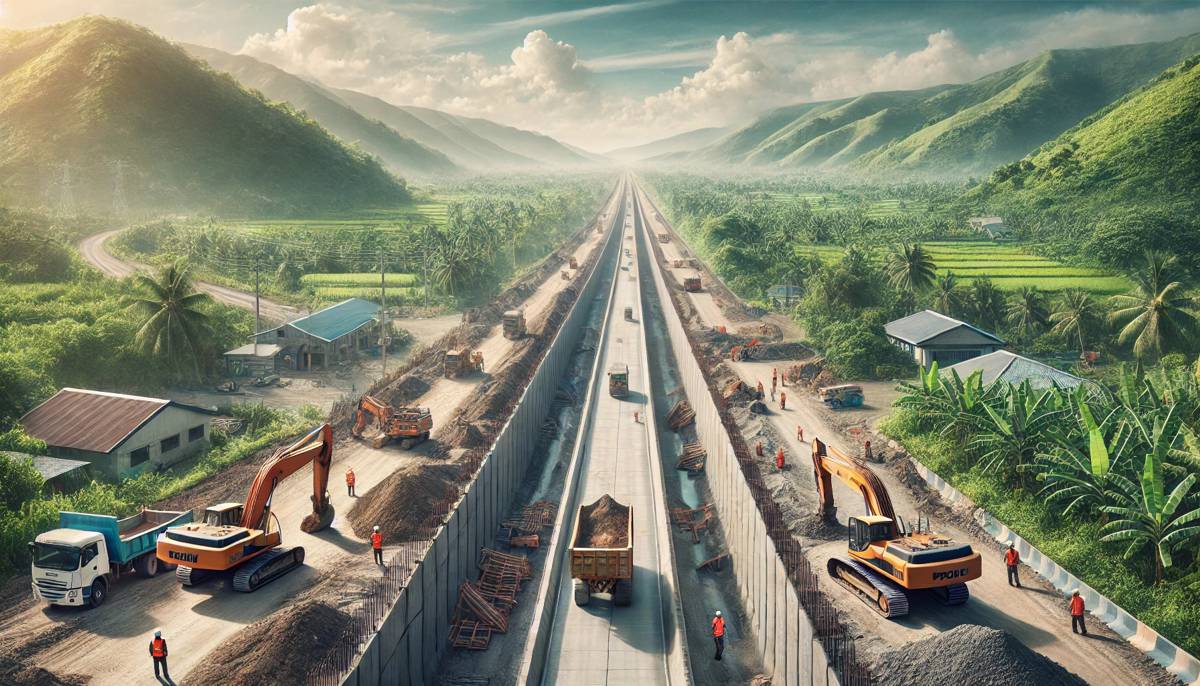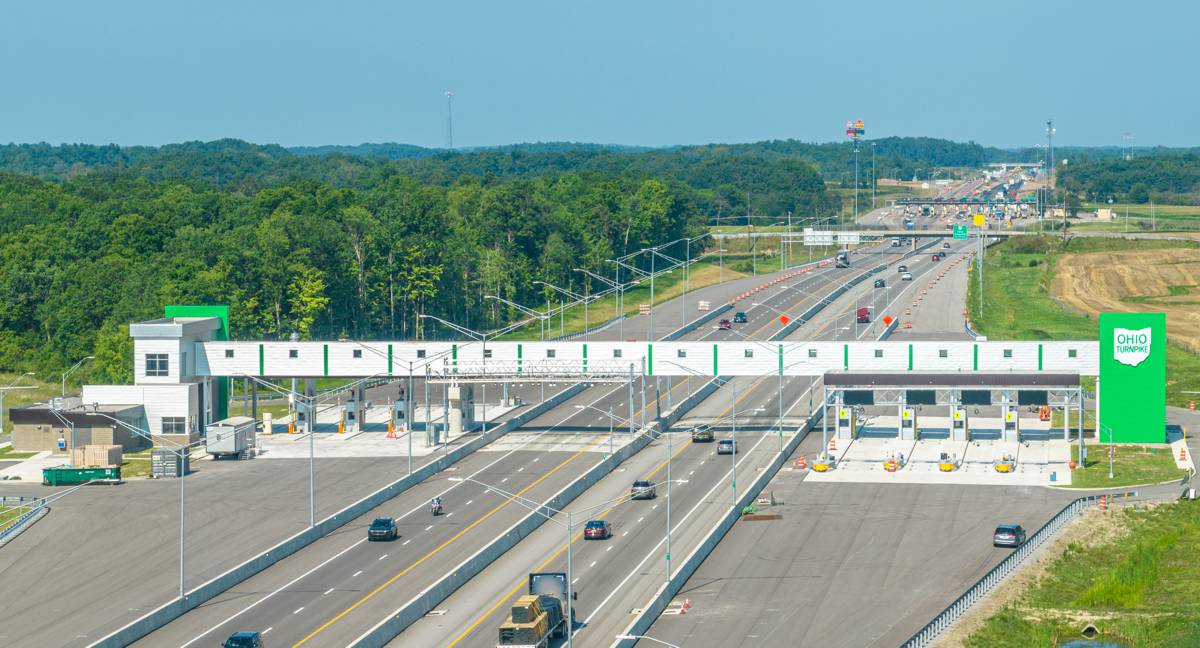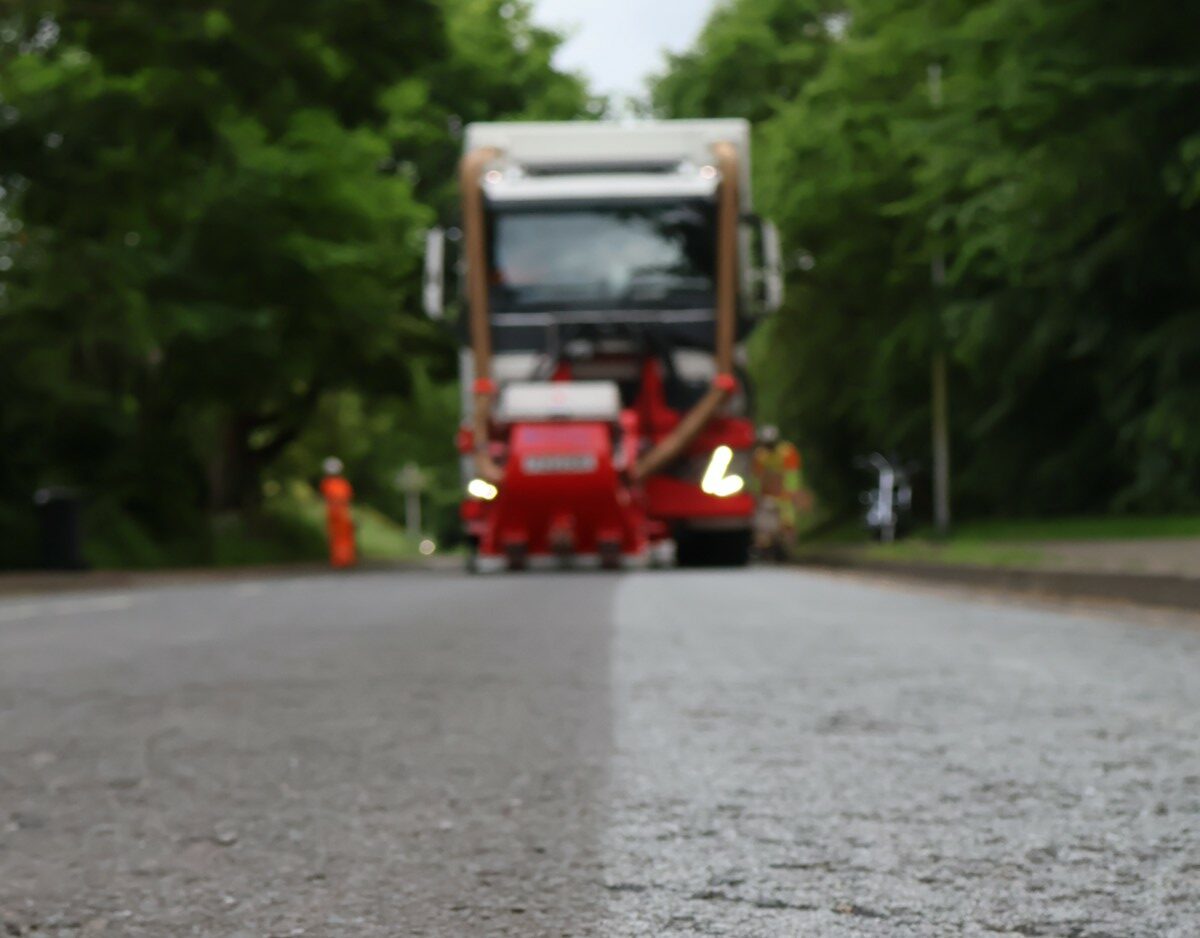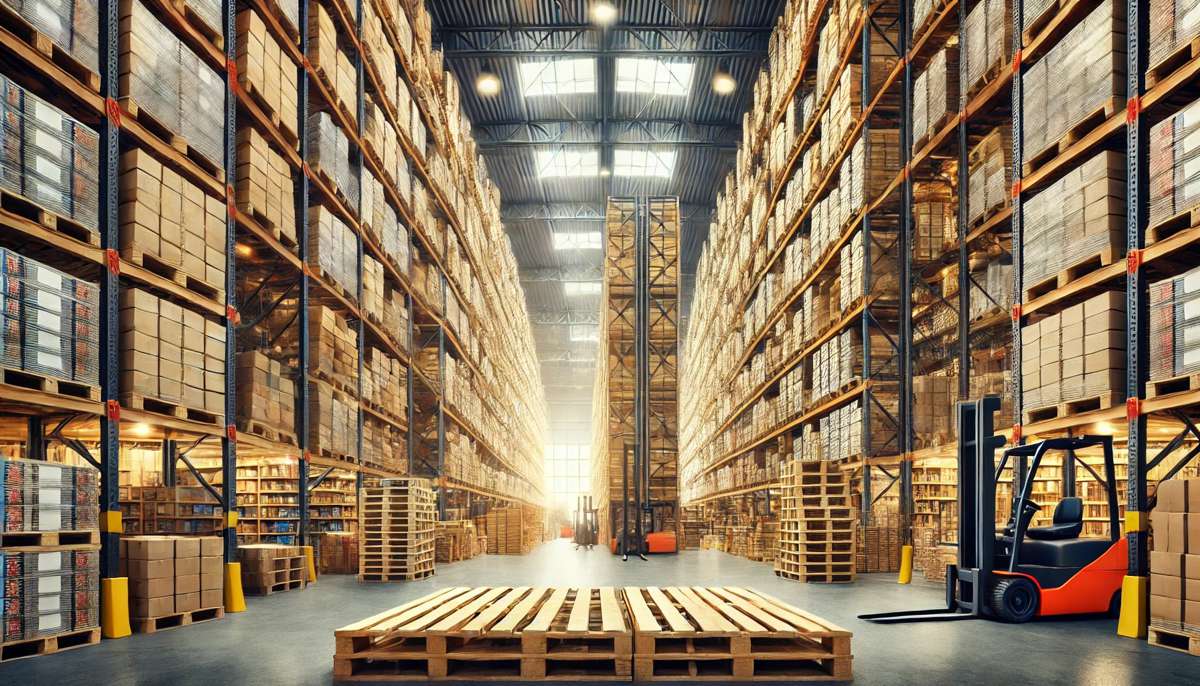South Africa is embracing the benefits of Plastic Roads
The South African Department of Science and Innovation together with the Council for Scientific and Industrial Research are hard at work on an experimental project that will effectually evaluate the viability of using plastic weight in road construction. There is a lot of plastic waste being generated in South Africa that is not being utilized by the recycling sector. The project’s goal is to identify these plastics and assess whether they can be used as a bitumen modifier/binder in asphalt road surfaces. With a total road network replacement for the country being estimated at nearly R2.75 trillion, laying plastic roads may prove to be the best solution for everyone concerned.
Work on the first plastic road in full swing
Construction on the country’s first plastic road began in the Eastern Cape province at the beginning of August this year.
The Kouga Municipality entered into a partnership with Scottish company MacRebur and local civil engineers to build the road in the seaside resort of Jeffrey’s Bay. With the backlog of road repairs in the province estimated to be in excess of R500 million, plastic roads may prove to be a very viable (and welcome) solution.
Damaged roads don’t only pose a huge risk to motorists, but can also hurt the economy by startling potential investors and making it difficult for businesses to conduct their day-to-day operations.
The project is scheduled for completion at the end of November, ahead of what is predicted to be a very busy festive season.
Why choose plastic waste?
Using plastic waste in road construction is not a new concept, and has been used in Australia, Canada, India, Kenya, Ghana, the UK and the USA.
There are many reasons why plastic-bitumen composite roads are becoming increasingly popular both in developed and developing countries. Plastics roads typically have greater wear resistance than standard asphalt concrete roads, and do not absorb water. They are also significantly more flexible, which makes them overall more resilient and less prone to rutting and major damage.
Where traditional roads are often severely damaged by vehicles such as trucks, a plastic road will remain in good condition even when frequently used by the heavier vehicles that are commonplace on South African roads.
Plastic roads can also benefit the environment
Apart from plastic roads being more durable than asphalt, they can also have a positive impact on the environment.
MacRebur’s products are made using non-recyclable waste that would otherwise end up in the landfill. These products reduce the use of fossil fuel substantially, which then leads to a smaller carbon footprint conducive to a circular economy.
The equivalent of as many as 684,000 plastic bottles and 1.8 million plastic bags are utilized for each kilometer of road laid. This significantly reduces the amount of plastic that ends up in the oceans and wreaks havoc on the ecosystem.
Can plastic be the answer to South Africa’s road crisis?
According to SANRAL, the average road needs replacement every 20 years, and leading local economist, Mike Schüssler, said: “it will cost the country R137.5 billion a year for the next twenty years if all the roads are replaced in a linear fashion. Even to simply expand the existing road network by a mere 1% every year would cost in the region of R27.5 billion. While South Africa already build more economical roads than countries in the Northern hemisphere, making use of plastic can cut costs even more. With the budget for road repairs slowly diminishing annually, any reduction in cost will be considered a saving grace.”
How will plastic fare under the harsh African sun?
Before plastic roads can become the norm in the country, it is important to determine whether they can withstand the country’s harsh weather conditions.
Shisalanga Construction, who earlier this year paved approximately 80 meters of road in Cliffdale in South Africa’s KZN province, is busy laying as much as 200 tonnes of plastic-infused tarmac on the N3 highway between Durban and Johannesburg. The trial on the stretch of the N3 near the Hammarsdale intersection was approved by the SA National Roads Agency (SANRAL) and will be monitored for long-term durability and performance under typical South African conditions, which can range from blistering hot in summer to freezing cold during the winter months.
The plastic used in the experiment was made from local plastic waste from a recycling plant, while the binder is also a proudly-South African product.
Plastic roads could prove to be the answer to many of South Africa’s infrastructural concerns. While it may still be some time before plastic roads are adopted on a large scale, headway is definitely being made in terms of finding suitable alternatives for asphalt surfaces.















